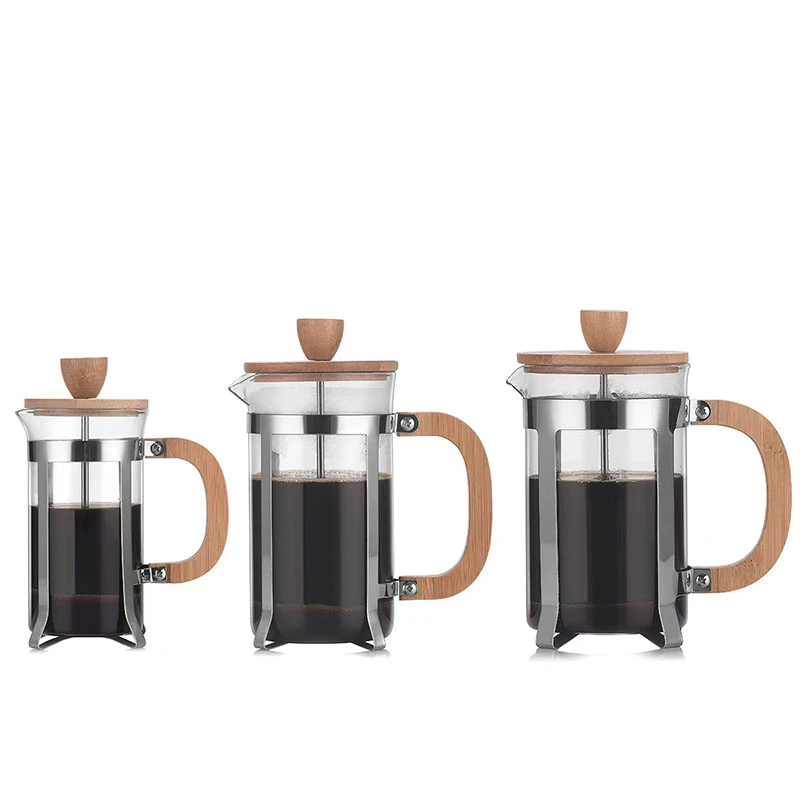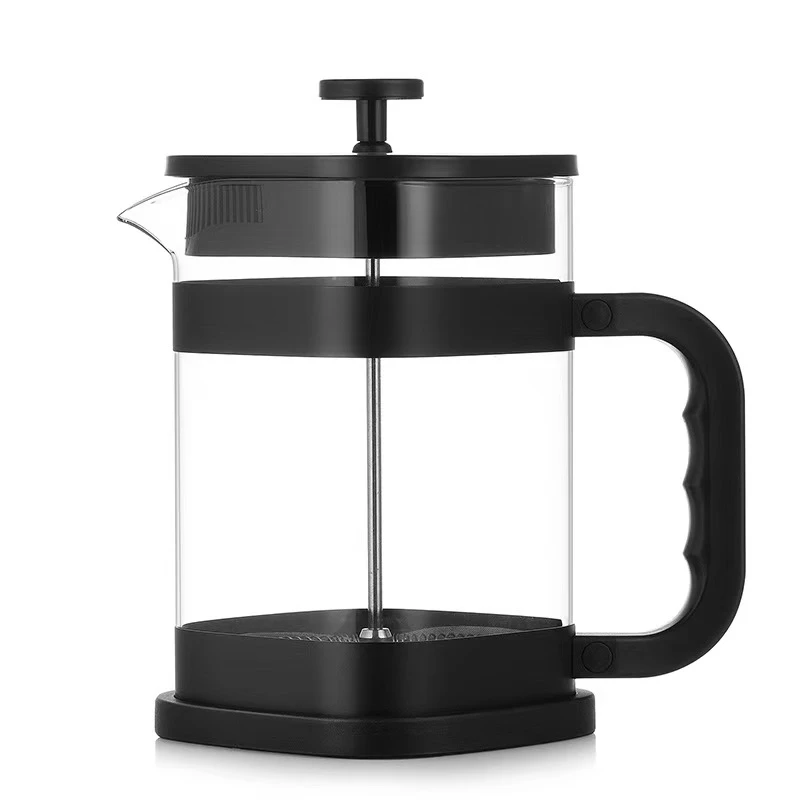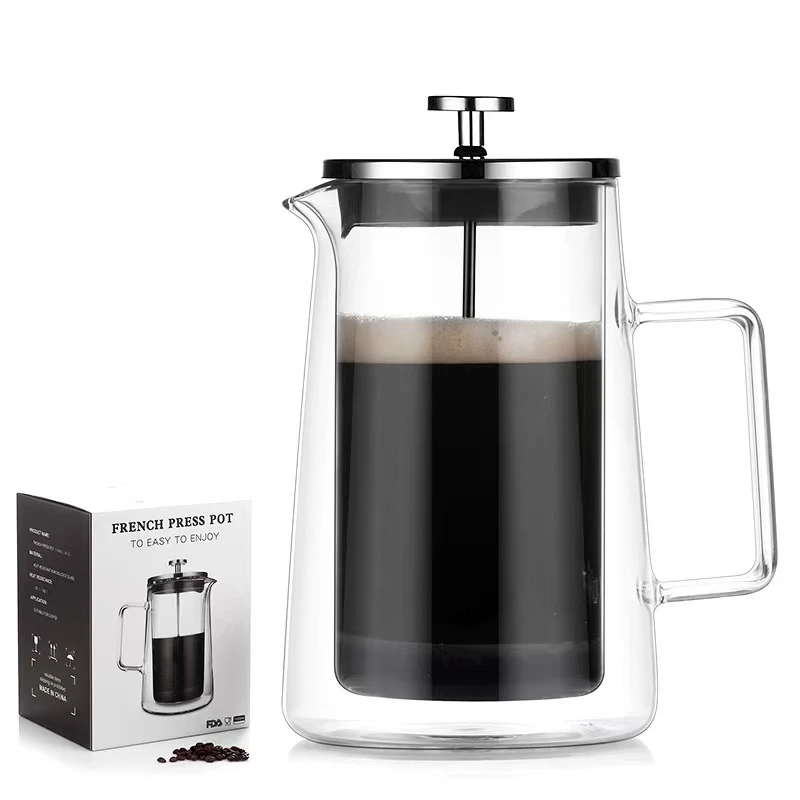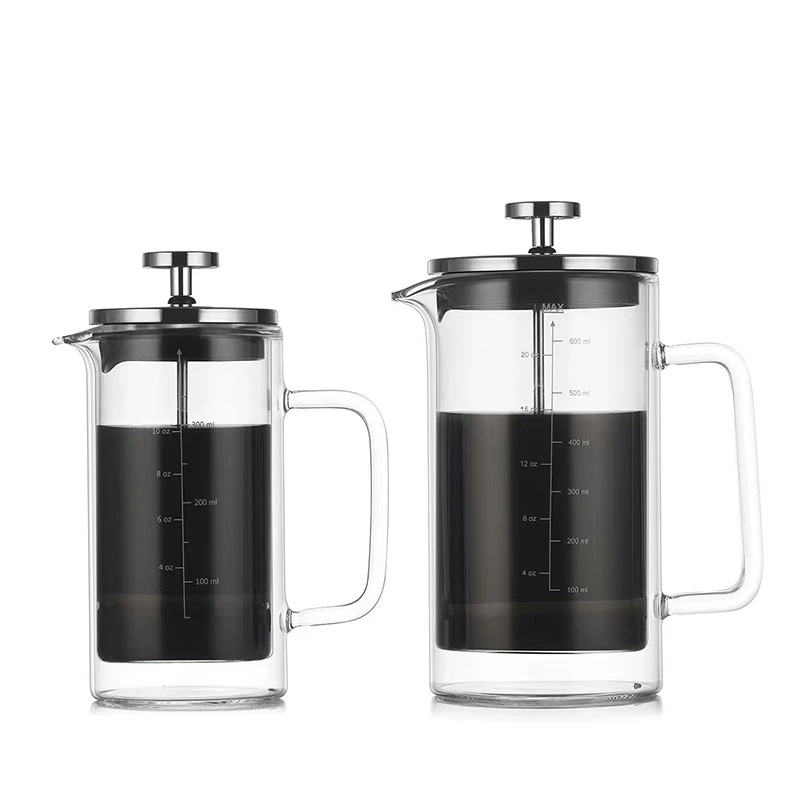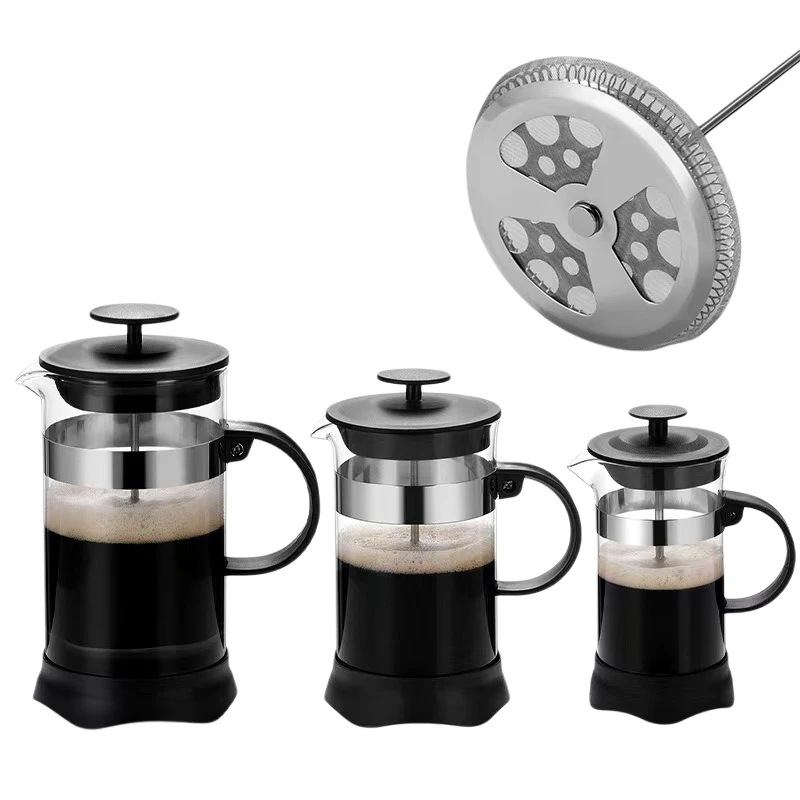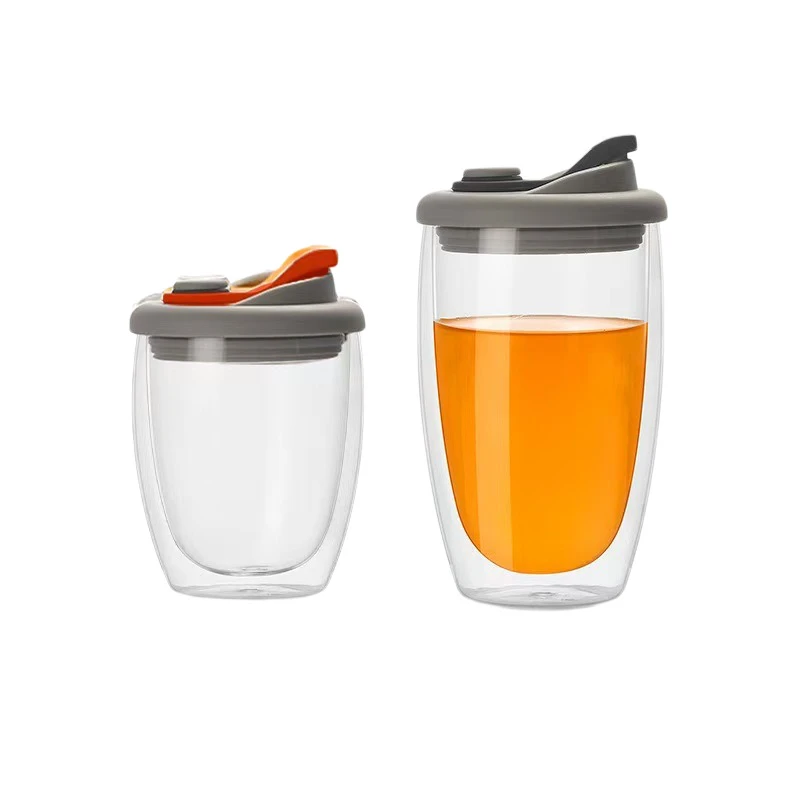 TEL: +86 311 67799298
TEL: +86 311 67799298 Email: tina@yintoglassware.com
Email: tina@yintoglassware.com
glass water bottle manufacturers
The Evolution of Glass Water Bottle Manufacturers
In an age where sustainability and health consciousness are at the forefront of consumer choices, glass water bottles have emerged as a popular alternative to plastic. As a result, the glass water bottle manufacturing industry has experienced significant growth. This article delves into the current trends, manufacturing processes, and benefits of glass water bottles, highlighting the leading manufacturers in the field.
The Rise of Glass Water Bottles
The shift towards glass water bottles has been propelled by growing concerns over plastic pollution and its impact on the environment. Single-use plastics have been widely criticized for contributing to ecological degradation, prompting both consumers and manufacturers to seek eco-friendly alternatives. Glass, being a naturally abundant material, is fully recyclable and does not leach harmful chemicals, making it a safer choice for everyday hydration.
Moreover, glass water bottles offer an aesthetic appeal that plastic bottles often lack. Many consumers prefer the sophisticated look of glass, which is available in various designs and colors to suit personal tastes. They are also free from the metallic taste that can sometimes leach from stainless steel bottles, offering a purer taste for water, juices, or other beverages.
Manufacturing Processes
The manufacturing of glass water bottles involves several steps, ensuring the final product is not only visually appealing but also durable and safe for consumers. The process begins with the selection of high-quality raw materials, predominantly silica sand, soda ash, and limestone. These components are melted at high temperatures to form molten glass.
Once the glass reaches the appropriate consistency, it is shaped into bottles using either blow-molding or press-molding techniques. Blow-molding allows for the creation of lightweight bottles with intricate designs, while press-molding is often used for thicker, sturdier bottles. After shaping, the bottles are rapidly cooled in a process called annealing, which helps to relieve internal stresses within the glass.
After cooling, bottles undergo rigorous quality checks to ensure that they are free from defects such as bubbles or cracks. Many manufacturers implement automated inspection systems that utilize sophisticated technologies to monitor and assess the quality throughout the production process.
Leading Manufacturers in the Industry
Several manufacturers have established a strong presence in the glass water bottle market, recognized for their innovation, design, and commitment to sustainability.
glass water bottle manufacturers

1. Lifefactory Known for its ergonomic design and variety of vibrant colors, Lifefactory offers glass water bottles that are perfect for active lifestyles. Their bottles come with silicone sleeves, providing added protection against breakage.
2. Nalgene While traditionally known for their plastic products, Nalgene has expanded their offerings to include glass bottles. Their focus on functional designs and durability makes them a favorite among outdoor enthusiasts.
3. Klean Kanteen Renowned for their stainless steel offerings, Klean Kanteen has also entered the glass market with packable and collapsible glass bottles aimed at environmentally conscious consumers.
4. S'well S'well is famous for its stylish designs that keep beverages cold for hours. Their glass water bottles combine aesthetics with utility, attracting a diverse range of consumers.
5. Bkr Targeting the fashion-conscious demographic, Bkr focuses on trendy designs and customizable options, making hydration a stylish affair.
The Benefits of Glass Water Bottles
The advantages of choosing glass water bottles over plastic are manifold. Beyond being environmentally friendly, they provide health benefits by avoiding harmful chemicals like BPA, which can leach from plastics. Glass is easy to clean and does not retain flavors or odors, ensuring that each drink remains fresh.
Furthermore, the durability of glass can lead to long-term savings as consumers invest in reusable products rather than constantly purchasing disposable plastic bottles. The aesthetic value of glass also encourages individuals to carry their bottles with pride, leading to increased hydration and better health overall.
Conclusion
In conclusion, the growth of glass water bottle manufacturers reflects a broader trend towards sustainability and health awareness. With various designs and customization options available, consumers are turning to glass as an attractive and responsible choice for hydration. As technology advances and environmental considerations continue to shape the market, the glass water bottle industry is poised for continued innovation and success. As a result, glass water bottles are not only a trend but a lifestyle choice that benefits both individuals and the planet.
-
Unparalleled Convenience by High Borosilicate Glass Bottle with a Cork LidNewsJul.17,2025
-
The Versatility and Convenience of Glass Salad Bowl SetsNewsJul.17,2025
-
The Practical Wide Application of High Borosilicate Glass Food Storage ContainerNewsJul.17,2025
-
High Borosilicate Colored Glass Bowl VS Soda-Lime Glass and Tempered GlassNewsJul.17,2025
-
Creativity with Customized Colored Glass Dinnerware Sets for SaleNewsJul.17,2025
-
Advantages Analysis of Double Wall French PressNewsJul.17,2025



